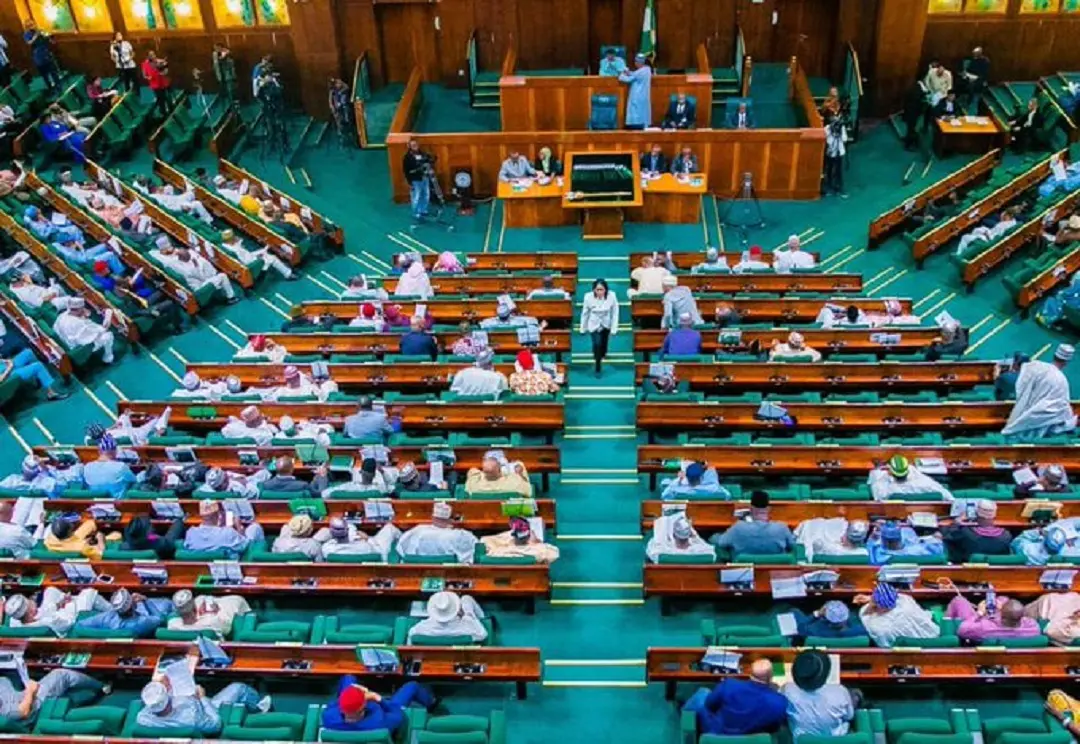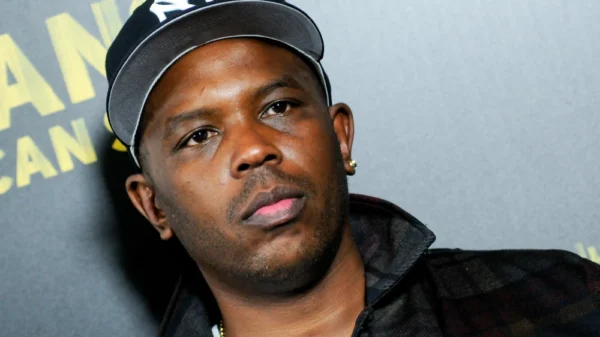Total investment into the African digital startup ecosystem dropped by 27.8% to $2.4 billion in 2023, showing the global capital crisis had reached the continent.
This is according to research house Disrupt Africa, which recently presented the ninth edition of its annual African Tech Startups Funding Report.
The research – produced in collaboration with Flourish Ventures, AAIC Investment, and Atlantica Ventures – found that through the course of the year, 406 startups raised a total of US$2.4 billion.
This was down from 2022, when the African tech industry defied global trends and experienced total funding rise to above $3 billion for the first time ever.
The total number of deals also dropped by 36% from 633 in 2022. The number of active investors also fell by almost 50%, and mergers and acquisition activity experienced a significant decline.
The report says this is the first time the sector, which has expanded dramatically in the last few years, has declined since 2016; though a fall in funding of less than a third is an improvement on projections from earlier in 2023, when a decline of 50% was expected likely.
The fintech sector was, yet again, the most attractive to investors, with more startups securing funding than any other sector and a combined total that dwarfed all others. Yet, as with most other sectors, it saw a steep decline in investment, down 33.4% to $964 million.
According to the report, Africa, like the rest of the world, has been affected by the global “funding winter”, with venture capital drying up and several leading startups forced to cease operations or significantly restructure their operations.
It’s important to keep in mind that this is a worldwide phenomenon, rather than an African problem, and the figures are undoubtedly better than they appeared to be at the end of Q1 or Q2, according to Gabriella Mulligan, co-founder, Disrupt Africa.
Tom Jackson, co-founder of Disrupt Africa, said that the “winter” will soon “turn to spring” and that investment would likely increase over the next 12 to 18 months, but maybe not immediately reaching 2022 levels.
“African tech is still at an early stage of its journey, with plenty of room to grow, and one relatively bad year from a funding perspective does not change that. The key thing for now is for startups to adjust to this “new normal”, by plotting a path to more sustainable growth while also ensuring good governance is enshrined within their organisational structures.
“Funds are being raised, and capital is being disbursed, and for the best ventures – and the ecosystem as a whole – 2023 should prove to be little more than a blip on the growth curve,” he said.
From a funding standpoint, Nigeria, Egypt, South Africa, and Kenya continue to be Africa’s “big four,” sharing a higher portion of the continent’s total funding than they did in 2022, finds the research.
However, Nigeria experienced a sharp drop in funding, and now ranks fourth overall, behind other three countries.
Startups secured capital in 22 other countries, according to the report.
![]()



























































